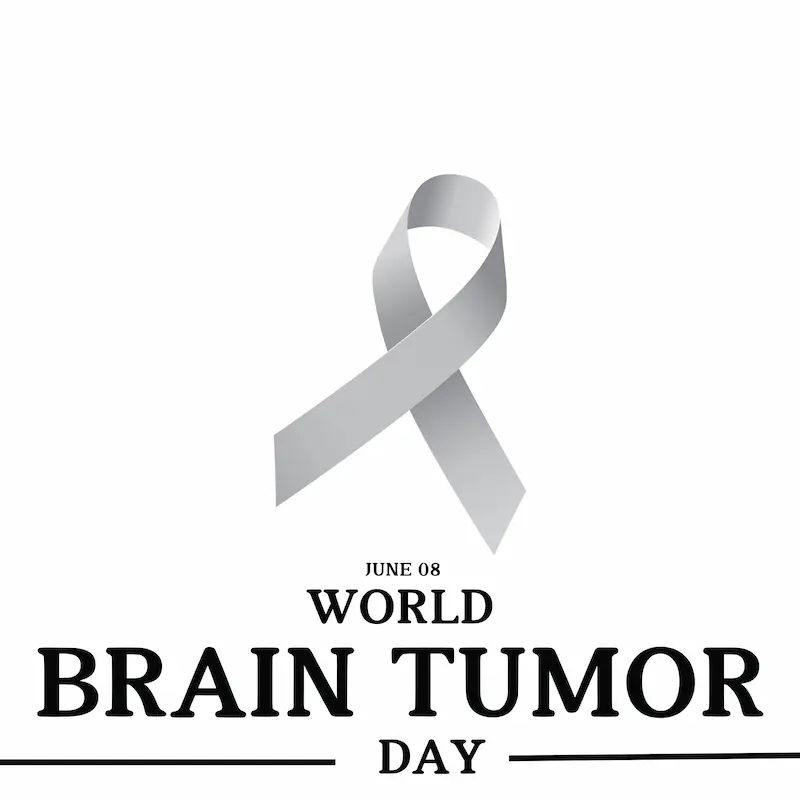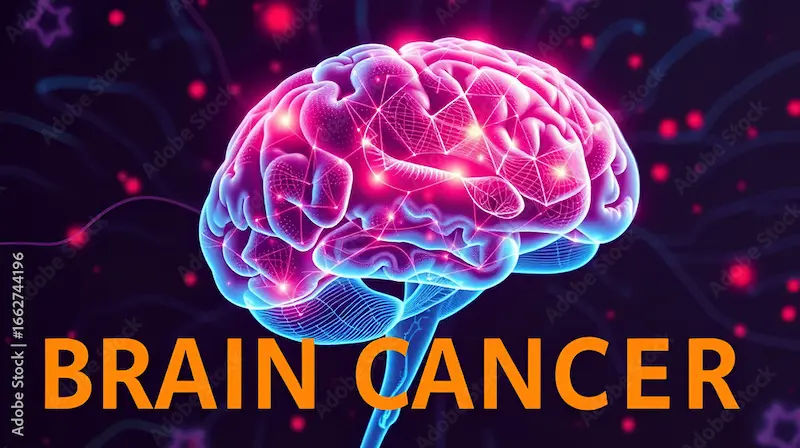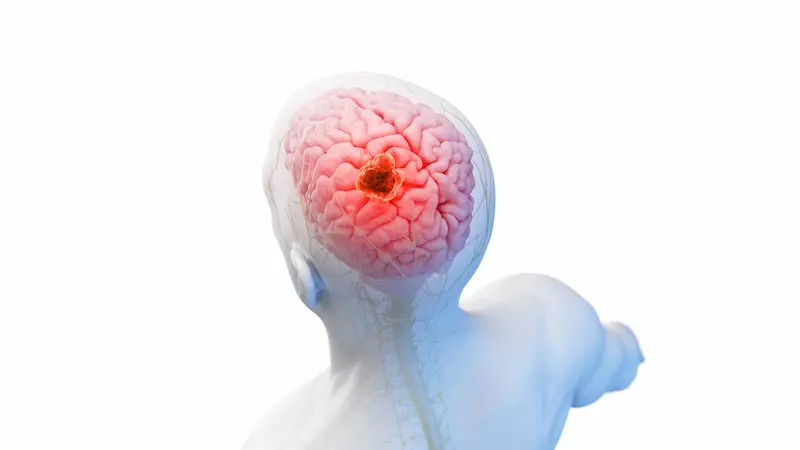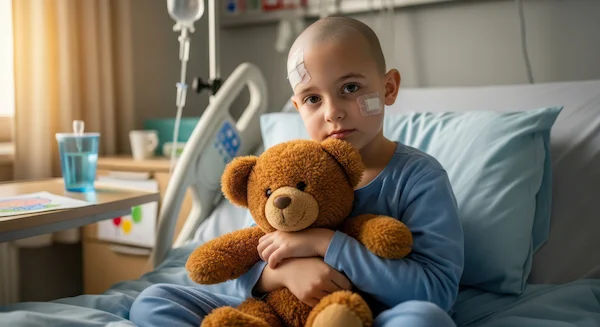World Brain Tumour Day Overview and Detection Tests
Know about the world's brain tumour day, types, symptoms, causes, diagnosis, treatment options and lifestyle tips to manage the brain tumour.

Written by Dr. Mohammed Kamran
Reviewed by Dr. J T Hema Pratima MBBS, Fellowship in Diabetes Mellitus
Last updated on 13th Jan, 2026

Introduction
Every year on June 8th, we observe World Brain Tumour Day to raise awareness about brain tumours, support patients and their families, and encourage early detection and treatment. Brain tumours can be a frightening topic, but understanding them better can help in early diagnosis and effective management.
In this article, we’ll discuss: What is a brain tumour, common symptoms to watch for, causes and risk factors, how brain tumours affect health, detection tests available and tips for managing brain health
Let’s begin with the basics.
What Is a Brain Tumour?
A brain tumour is an abnormal growth of cells in the brain. These growths can be benign (non-cancerous) or malignant (cancerous). While benign tumours grow slowly and may not spread, malignant tumours can grow aggressively and affect surrounding brain tissue.
Consult a General Physician for Personalised Advice
Types of Brain Tumours
1. Primary Brain Tumours – These start in the brain itself.
2. Secondary (Metastatic) Brain Tumours – These spread to the brain from other body parts (like lungs or breast).
Common Symptoms of a Brain Tumour
Symptoms depend on the tumour’s size, type, and location. Some common signs include:
Persistent headaches (worse in the morning)
Nausea or vomiting (without any other cause)
Seizures (sudden uncontrolled movements)
Vision or hearing problems (blurred vision, double vision)
Memory loss or confusion
Weakness or numbness in arms or legs
Difficulty speaking or understanding speech
If you or a loved one experiences these symptoms frequently, consult a doctor for further evaluation.
What Causes Brain Tumours?
The exact cause is often unknown, but some risk factors include:
Genetic conditions (like Neurofibromatosis)
Exposure to radiation (e.g., previous cancer treatment)
Family history (rare, but possible)
Weakened immune system
While some factors can’t be controlled, early detection can improve treatment outcomes.
How Brain Tumours Affect Health?
A brain tumour can interfere with normal brain functions, leading to:
Physical disabilities (difficulty walking, balancing)
Cognitive decline (memory loss, concentration issues)
Emotional changes (mood swings, depression)
Timely diagnosis and treatment can help manage these effects.
Detection Tests for Brain Tumours
If a brain tumour is suspected, doctors may recommend the following tests:
1. Neurological Exam – Checks vision, hearing, balance, and reflexes.
2. MRI (Magnetic Resonance Imaging) – Provides detailed brain images.
3. CT Scan (Computed Tomography) – Helps detect tumours using X-rays.
4. Biopsy – A small tissue sample is taken to check for cancer.
5. PET Scan (Positron Emission Tomography) – Detects abnormal cell activity.
Early detection can make a significant difference in treatment success.
Tips for Brain Health & Prevention
While not all brain tumours can be prevented, you can take steps to support brain health:
Eat a balanced diet (rich in antioxidants, omega-3s)
Stay physically active (exercise improves blood flow to the brain)
Avoid smoking and excessive alcohol
Protect your head (wear helmets while biking or riding)
Get regular health check-ups
When to See a Doctor?
If you or someone you know has persistent symptoms like severe headaches, seizures, or unexplained confusion, consult a neurologist immediately. Early diagnosis can lead to better treatment options.
Final Thoughts
Brain tumours can be challenging, but awareness and early detection can save lives. This World Brain Tumour Day, let’s spread knowledge, support patients, and encourage timely medical care.
Consult a General Physician for Personalised Advice
Consult a General Physician for Personalised Advice

Dr. Anand Ravi
General Physician
2 Years • MBBS
Bengaluru
PRESTIGE SHANTHINIKETAN - SOCIETY CLINIC, Bengaluru

Dr. Vivek D
General Physician
4 Years • MBBS
Bengaluru
PRESTIGE SHANTHINIKETAN - SOCIETY CLINIC, Bengaluru

Dr Syed Mateen Pasha
General Physician
2 Years • MBBS
Bengaluru
PRESTIGE SHANTHINIKETAN - SOCIETY CLINIC, Bengaluru

Dr. Harshendra Jaiswal
General Physician/ Internal Medicine Specialist
12 Years • MBBS , MD (General medicine)
Kolkata
108 DHANA DHANVANTARI Clinic, Kolkata
(25+ Patients)
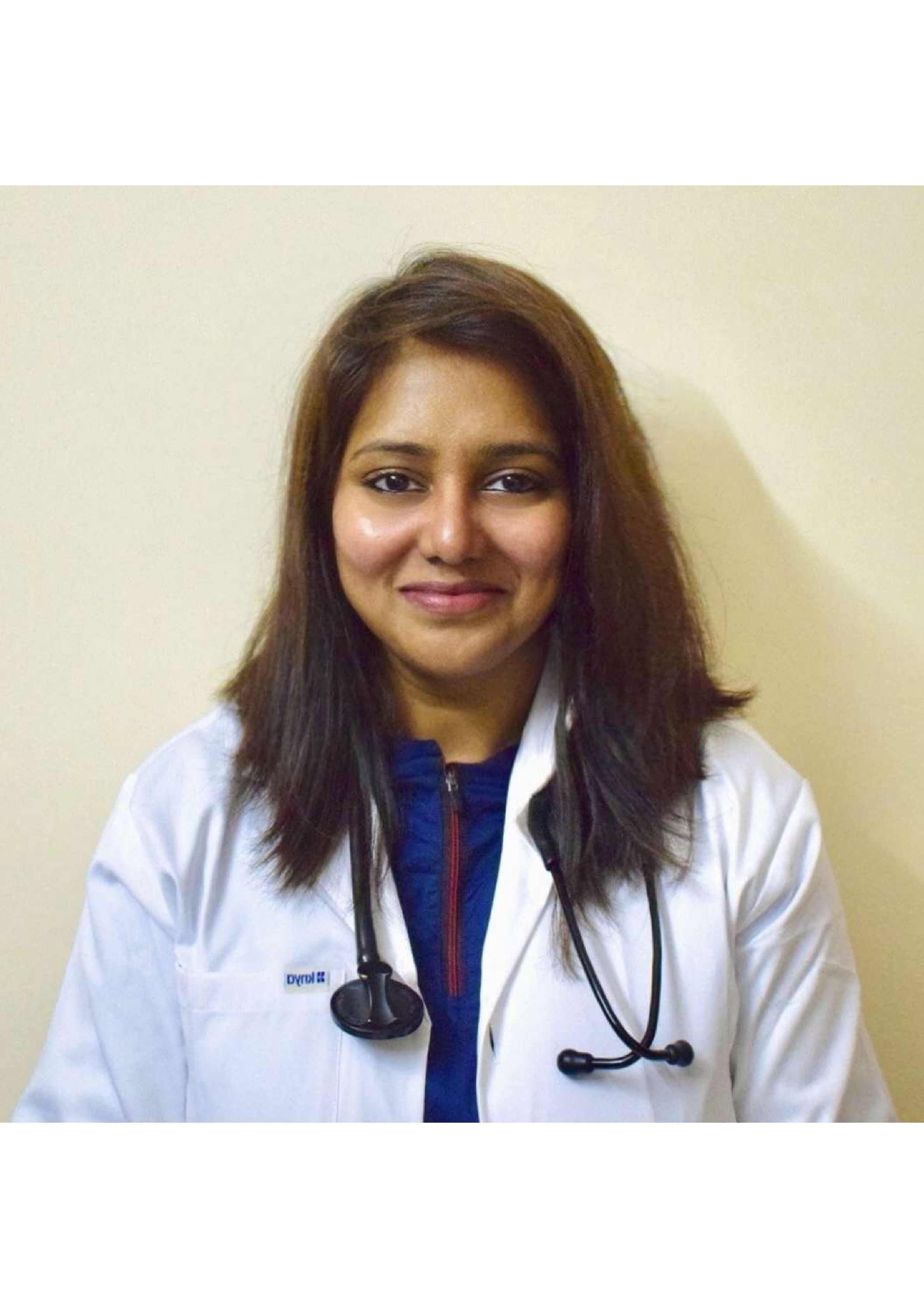
Dr. Srujana Mulakalapalli
General Physician/ Internal Medicine Specialist
5 Years • MBBS, MD (GENERAL MEDICINE)
Bengaluru
Apollo Medical Center, Marathahalli, Bengaluru
(25+ Patients)
